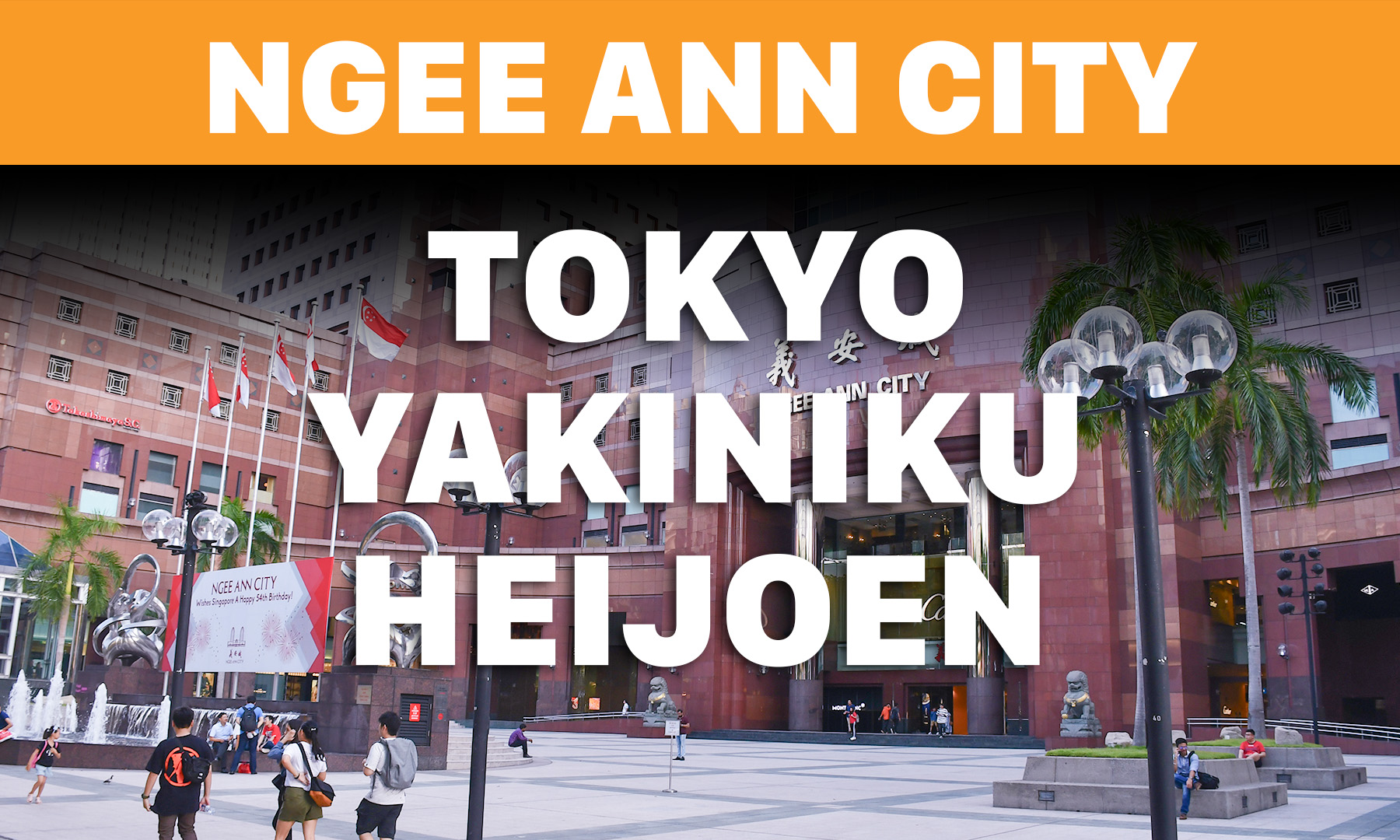Web 3.0: The Evolution of the Internet and its Impact on Daily Lives and Jobs


Introduction:
The internet has been a transformative force, reshaping our lives and revolutionizing industries. As we enter the era of Web 3.0, a new phase in the internet's evolution, we are witnessing the emergence of advanced technologies and concepts that have the potential to profoundly impact our daily lives and jobs. In this article, we explore the key characteristics and implications of Web 3.0, discussing how it will reshape our online experiences, transform industries, and shape the future of work.
- Understanding Web 3.0:
Web 3.0 represents the next phase of the internet's development, characterized by enhanced connectivity, intelligent applications, and decentralized systems. It encompasses technologies such as blockchain, artificial intelligence (AI), the Internet of Things (IoT), and augmented reality (AR), which collectively enable a more immersive, personalized, and secure online experience. We delve into the foundational elements of Web 3.0, highlighting the shift towards user-centricity, interoperability, and data ownership. - Transforming Daily Lives:
2.1. Enhanced Personalization: Web 3.0 leverages AI and machine learning algorithms to provide highly personalized online experiences. From customized content recommendations to tailored product suggestions, individuals will benefit from more relevant and engaging interactions across various platforms.
2.2. Decentralization and Data Ownership: Web 3.0 promotes a decentralized architecture, allowing individuals to have greater control over their personal data. Blockchain technology enables secure and transparent data storage, reducing reliance on centralized entities. This shift gives users more ownership and autonomy over their digital identities and facilitates secure peer-to-peer transactions.
2.3. Immersive Technologies: Web 3.0 incorporates AR, virtual reality (VR), and mixed reality (MR) to create immersive and interactive experiences. From virtual meetings and remote collaboration to gamified learning and enhanced entertainment, these technologies will transform how we communicate, learn, and engage with digital content.
- Impact on Industries:
3.1. Healthcare: Web 3.0 has the potential to revolutionize healthcare through improved data sharing, telemedicine, remote patient monitoring, and decentralized health records. It can enhance patient outcomes, enable preventive care, and facilitate medical research and collaboration.
3.2. Finance and Economy: The decentralized nature of Web 3.0, powered by blockchain technology, disrupts traditional financial systems. It enables secure and transparent transactions, eliminates intermediaries, and facilitates peer-to-peer lending, decentralized finance (DeFi), and tokenization of assets. This can lead to increased financial inclusion, reduced costs, and greater access to capital.
3.3. Education: Web 3.0 transforms education by offering personalized and adaptive learning experiences, leveraging AI and immersive technologies. It enables global collaboration, decentralized credentialing, and lifelong learning opportunities, empowering individuals to acquire new skills and knowledge.
- Future of Work:
4.1. Automation and AI: Web 3.0's advancements in AI and automation will reshape job roles and tasks across various industries. While some routine and repetitive jobs may be automated, there will be an increased demand for skills related to data analysis, AI development, cybersecurity, and human-computer interaction.
4.2. Gig Economy and Remote Work: Web 3.0 promotes the growth of the gig economy, allowing individuals to work remotely and participate in global projects. It enables flexible work arrangements, expands freelancing opportunities, and fosters a borderless talent marketplace.
4.3. Digital Identity and Trust: Web 3.0's focus on decentralized identity systems can enhance online trust and security. Digital credentials, blockchain-based reputation systems, and secure authentication protocols will shape the future of digital identity and online interactions, enabling new forms of trust-based collaboration and employment.
- Ethical and Societal Considerations:
As Web 3.0 evolves, ethical considerations become crucial. Privacy, data security, algorithmic bias, and equitable access to technology are important concerns that need to be addressed. Societal implications, such as the digital divide and impact on marginalized communities, must be considered to ensure the benefits of Web 3.0 are inclusive and equitable.
Conclusion:
Web 3.0 represents an exciting era of internet evolution, promising enhanced connectivity, personalization, and decentralized systems. As it permeates our daily lives, Web 3.0 will reshape how we interact with technology, transforming industries and revolutionizing the future of work. Embracing Web 3.0 requires us to adapt to new technologies, acquire relevant skills, and navigate the ethical challenges it presents. By fostering a balance between innovation, inclusivity, and responsible development, we can harness the potential of Web 3.0 to create a more connected, personalized, and equitable digital future.



































































































